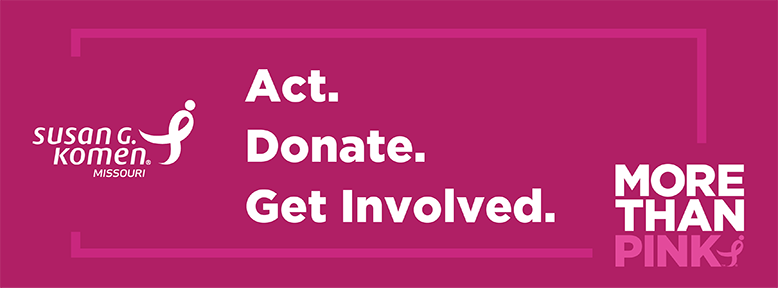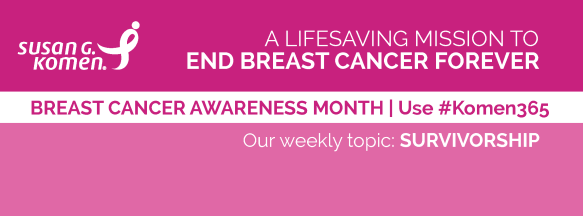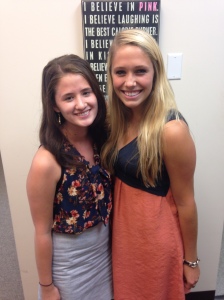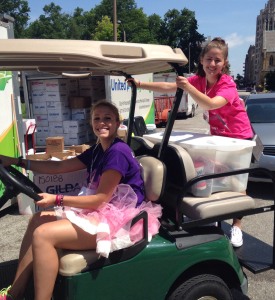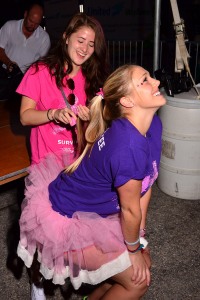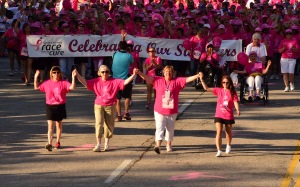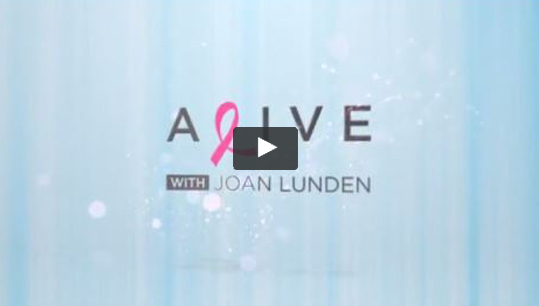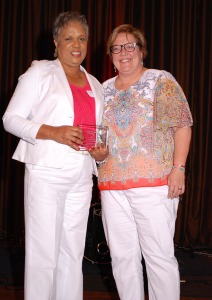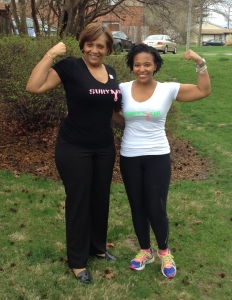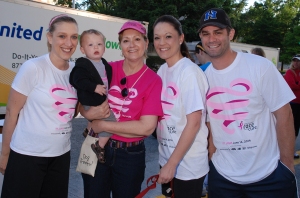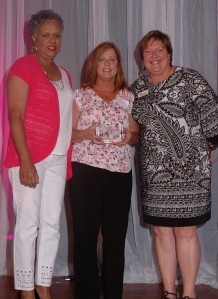Breast reconstruction can help restore the look and feel of the breast after a mastectomy. Performed by a plastic surgeon, breast reconstruction can be done at the same time as the mastectomy (“immediate”), or at a later date (“delayed”). Many women now get immediate breast reconstruction.
However, the timing depends on your situation and the treatment you will have after surgery. Not all women can have immediate reconstruction. It is important to discuss your options with your plastic surgeon, breast surgeon and oncologist (and your radiation oncologist if you are having radiation therapy).
There is no one best reconstruction method. There are pros and cons to each. For example, breast implants require less extensive surgery than procedures using your own body tissues, but the results may look and feel less natural. However, there are fairly few complications with any of the current techniques, especially when a woman is properly selected for a procedure.
Most breast reconstruction methods involve several steps. Both immediate and delayed reconstructions require a hospital stay for the first procedure. However, follow-up procedures may be done on an outpatient basis.
Screening/Re-diagnosis
Breast cancer survivors have an increased risk of getting a new breast cancer compared to those who have never had breast cancer. That is why it is important to get the follow-up care your doctor recommends. With proper follow-up, your doctor can keep track of how you are doing. This includes checking for and treating side effects. Follow-up care can also help ensure any recurrence of breast cancer can be found early when treatment is most effective.
The National Comprehensive Cancer Network offers these guidelines for follow-up of breast cancer treatment:
- Have a mammogram every 12 months. (For women treated with lumpectomy, have a mammogram six months after radiation therapy ends, then every 12 months.)
- Have a physical exam every three to six months for the first three years, every six to 12 months for years four and five, then every 12 months.
- Have a pelvic exam every 12 months if taking tamoxifen and have not had the uterus removed (have not had a hysterectomy).
- Have a bone health exam every one to two years, depending on a person’s risk factors.
Follow-up Tests
Depending on the symptoms, blood tests (including tumor marker tests) and imaging tests (including bone scans, CT scans, PET scans and chest X-rays) may be used to check for metastases. Using these tests to check for early metastases in people with no symptoms of metastases does not increase survival. For people with no symptoms of metastases, blood and imaging tests (other than mammography) are not a standard part of follow-up care.
Learn more about medical care after breast cancer treatment: http://ww5.komen.org/BreastCancer/MedicalCareAfterTreatment.html
We are celebrating National Breast Cancer Awareness Month. Connect with and follow Komen St. Louis and use #Komen365 to join in the conversation.
